Blog
Data Breaches: A Persistent Concern in Today’s Digital World!
Let’s face it – data breaches have become almost a household term. Every other week, it seems like another company is getting hacked, and suddenly, people’s personal information is out there for the taking. But what exactly is a data breach, and why does it keep happening?
Imagine someone sneaking into your house and rummaging through your stuff – taking your most valuable things. Now, picture that happening online. That’s pretty much what a data breach is. Someone gets into your system without permission and walks away with sensitive information like credit card numbers or passwords. Scary, right?
Why Are Data Breaches So Common?
First off, we’re living more and more of our lives online. Every time you sign up for a new service, order something online, or create another social media account, you’re handing over bits of your personal information. And, guess what? Cybercriminals are lurking, just waiting to get their hands on that data. They’re getting more creative every day, finding ways around even the most advanced security systems. It’s like a game of digital whack-a-mole – fix one vulnerability, and another one pops up.
But here’s the kicker: data breaches aren’t just about hackers, phishing emails and code. Believe it or not, a lot of breaches happen in good old-fashioned offices and businesses. Yep, we’re talking about paper left on printers, customer info lying around on desks, or people forgetting to lock their computers when they step away. Businesses are gold mines for data leaks. It’s easy to overlook these “offline” security threats, but they’re more common than we think.
What Can You Do About It?
So, how do you protect yourself? While you can’t single-handedly stop data breaches from happening, there are a few things you can do to lower your risk. It's about creating a layered approach to security that covers both digital and physical threats. Let’s break it down:
- Tighten Access Control: Not everyone needs access to everything. Make sure you know who has access to sensitive info and keep it limited. Set up multi-factor authentication, and when someone leaves the company, make sure their accounts are disabled. It’s all about controlling who’s in and who’s out.
- Lock Those Computers!: A super easy way to stop unauthorised access? Make sure everyone locks their computers when they step away. Maybe even make it fun – run a competition with small prizes for the most locked computers in a week. Get creative and keep it light!
- Encrypt Sensitive Data: Encryption turns your data into code so that even if it’s stolen, it’s useless without a special key. It’s like putting a lock on your valuables, even when they’re out of sight.
- Keep Software Updated: Those annoying update reminders? They’re there for a reason. Hackers love outdated software, so make sure your systems, apps, and hardware are all up-to-date. It’s one of the easiest ways to stay safe.
- Control Network Access: Don’t let just any device connect to your company’s network. Set up a guest Wi-Fi for visitors or personal devices that doesn’t touch any sensitive info. This way, your main network stays protected.
- Regular Security Audits: Think of security audits as a health check for your system. You can spot any weak points before hackers do. We can help!
- Clear Security Policies: Make sure everyone knows the drill when it comes to security. Set up easy-to-follow policies for opening phishing emails, handling data breaches and reporting any suspicious activity. Phishing scams are sneaky, even your best employee could fall for them. Run regular phishing tests to see who's clicking on dodgy links, by running these regularly you can train your team to be more cautious. If you’ve done everything you can to prevent a breach, you’re in a much better position if something does happen.
- Use a VPN (Virtual Private Network): A VPN is like an extra layer of protection for your internet connection. It encrypts everything you do online, making it harder for hackers to get in – especially for remote workers.
Conclusion: A Persistent Problem!
Data breaches aren't going away anytime soon, but that doesn't mean you’re powerless. By tightening security both online and offline, you'll make it harder for cybercriminals to get what they want. Whether it's making sure employees lock their computers or encrypting sensitive data, every step counts.
If you ever need help figuring out how to secure your office systems, we’ve got your back. With a mix of practical advice and security scans, we’ll make sure your business stays one step ahead.
For more tips and tricks on keeping your data safe, feel free to contact us!
How can Forus-P Help?
At Forus-P, we specialise in providing top-tier cybersecurity solutions tailored to your unique needs. Our team is dedicated to protecting your systems, ensuring your data stays secure, and helping you navigate the ever-evolving digital landscape. Let us help you enhance your cybersecurity with innovative, reliable solutions.
